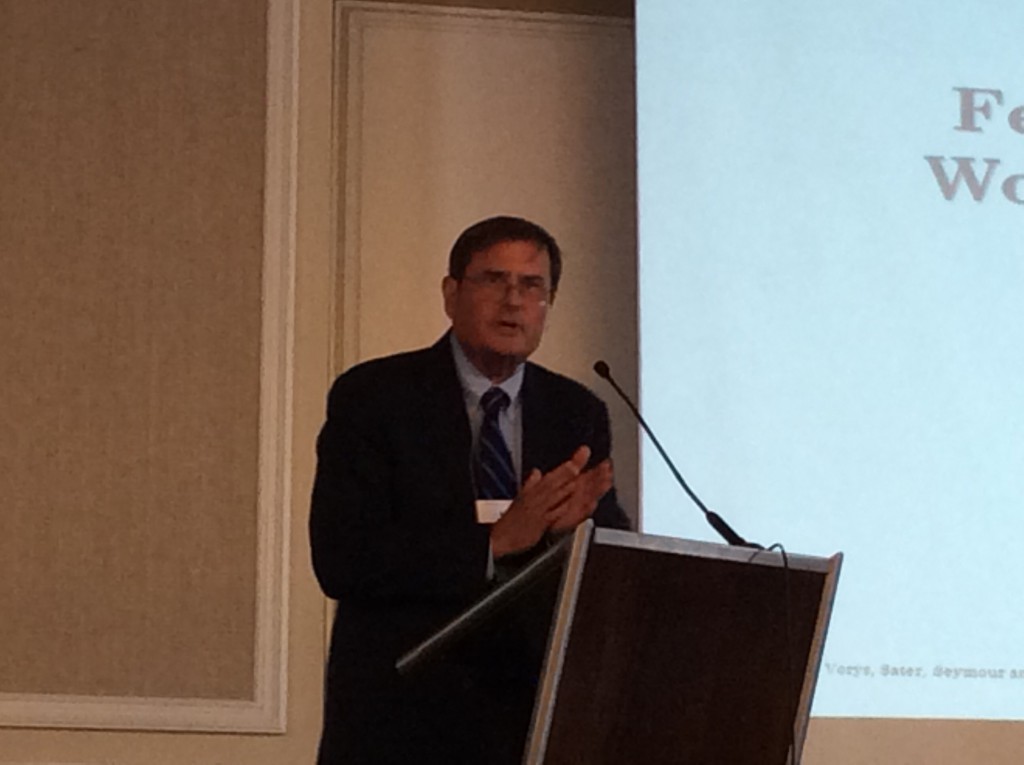Federal Intrusion into Workers’ Compensation
At the 2015 National Council of Self-Insurers Conference, Robert Minor from Vorys, Sater, Seymour & Pease presented a session discussing the federal government’s intrusion into state workers’ compensation issues.
The first federal intrusion into workers’ compensation issues started with the Mine Safety Act in 1968. Shortly thereafter, in 1970, the federal government established OSHA to develop health and safety standards for employers nationwide.
In 1972, there was a federal study on the current status of state workers’ compensation systems. This pointed out several shortfalls in the state systems. At that time, some were pushing for minimum federal standards for state workers’ compensation laws. However, the federal government did not move forward with this and instead left the power with the states to establish their workers’ compensation systems as they deemed appropriate.
The Family & Medical Leave Act (FMLA) and the Americans with Disabilities Act (ADA) both injected the federal government into workplace disability issues that were covered under state workers’ compensation systems. Now employers have to consider FMLA and ADA when they are evaluating workers’ compensation leave of absence.
Dealing with Medicare Secondary Payer Compliance issues has become routine with workers’ compensation claims. With this, you have a federal agency (CMS) dictating what funds an employer needs to set aside to cover potential future workers’ compensation medical obligations. These Medicare Set-Asides have significantly increased claim costs and complicated settlement of disputed claims.
There are also questions around how the Affordable Care Act (ACA) will impact workers’ compensation. In particular, there are concerns about more treatment being pushed into workers’ compensation because of the higher deductibles and co-payments associated with many policies that employers implemented in response to the ACA requirements. Workers’ compensation also tends to reimburse physicians at higher rates than group health and Medicare, which creates further incentive to push things into workers’ compensation.
Recent articles from ProPublica and a whitepaper from OSHA have pointed out perceived inadequacies of state workers’ compensation systems. This is leading to calls for another federal study into workers’ compensation issues.


